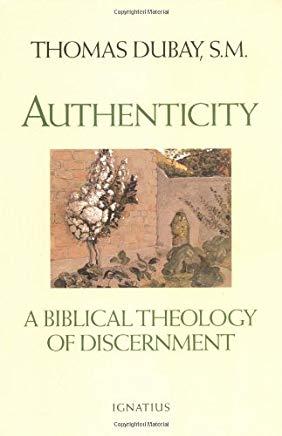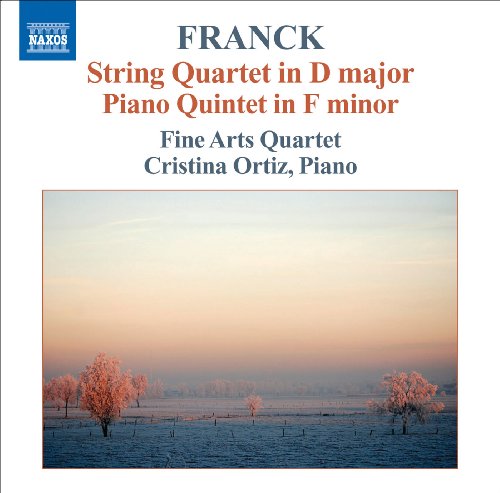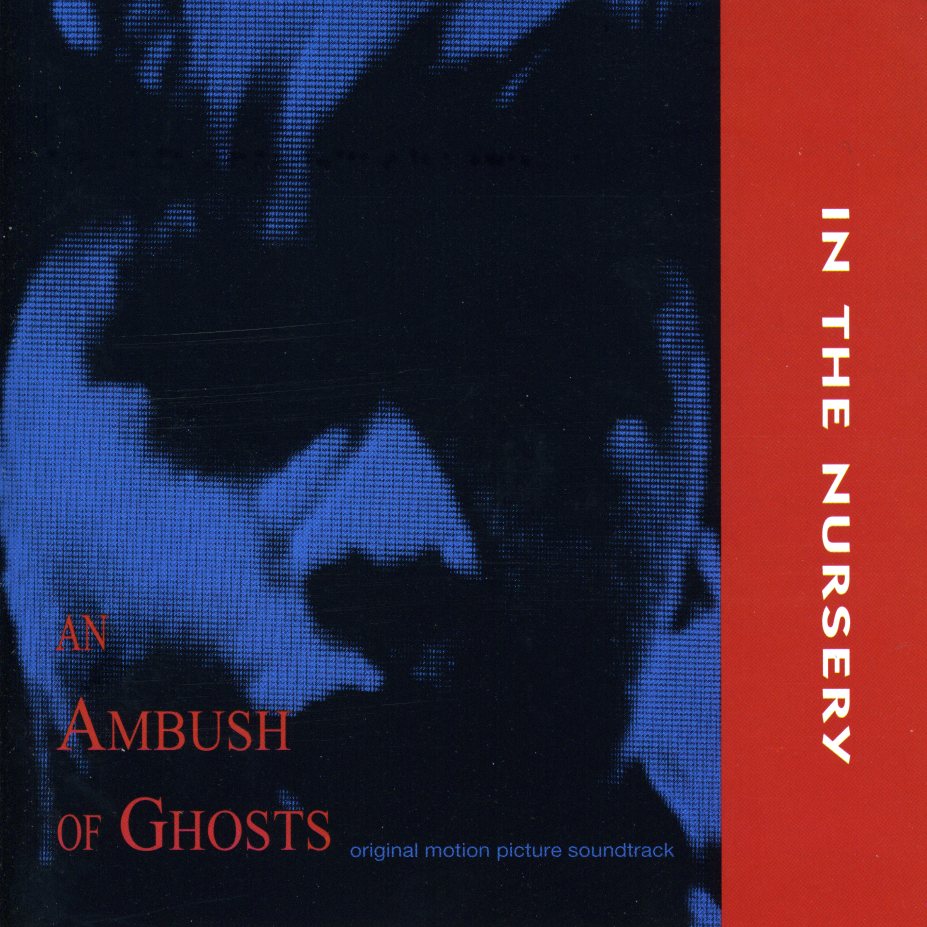
Diehl, Mark H.
In a 1987 commencement address at Duke University, broadcast journalist and news anchor Ted Koppel entertained the audience with his observation about the Ten Commandments: "What Moses brought down from Mt. Sinai were not the Ten Suggestions. They are commandments." Unfortunately Mr. Koppel was wrong on both counts. In the Hebrew text, the translation is properly "words" or "sayings" rather than "laws" or "commandments." This part of the sacred text was initially referred to as the "Decalogue" or the "Ten Words" of God, and today some continue to choose the specific terminology of the "ten words" for its characterization.
Unlike most legal codes the "Ten Words" provide neither enforcement guidelines nor consequences for their violation. These "Ten Words" were the preamble to the Torah, the Jewish law, and became synonymous with legal requirements and codes of conduct among the Hebrews. In association with Jewish law, the Decalogue eventually was identified as the "Ten Commandments." Their character to guide behavior and to proscribe conduct was firmly established over the centuries and was wholly adopted by the Christian faith.







